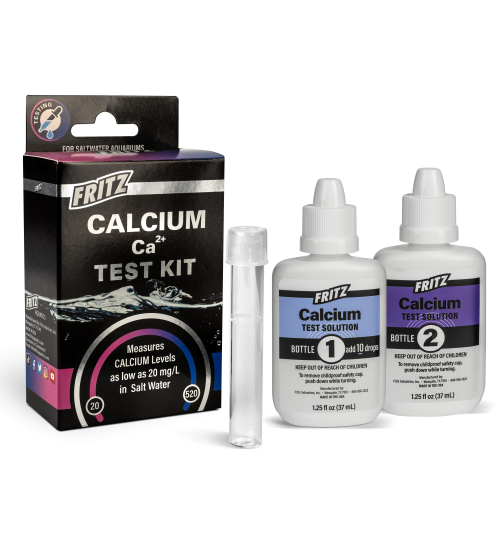

CODE FR04008
Original price
$37.95
-
Original price
$37.95
Original price
$37.95
$37.95
-
$37.95
Current price
$37.95
Availability:
1 in stock.



